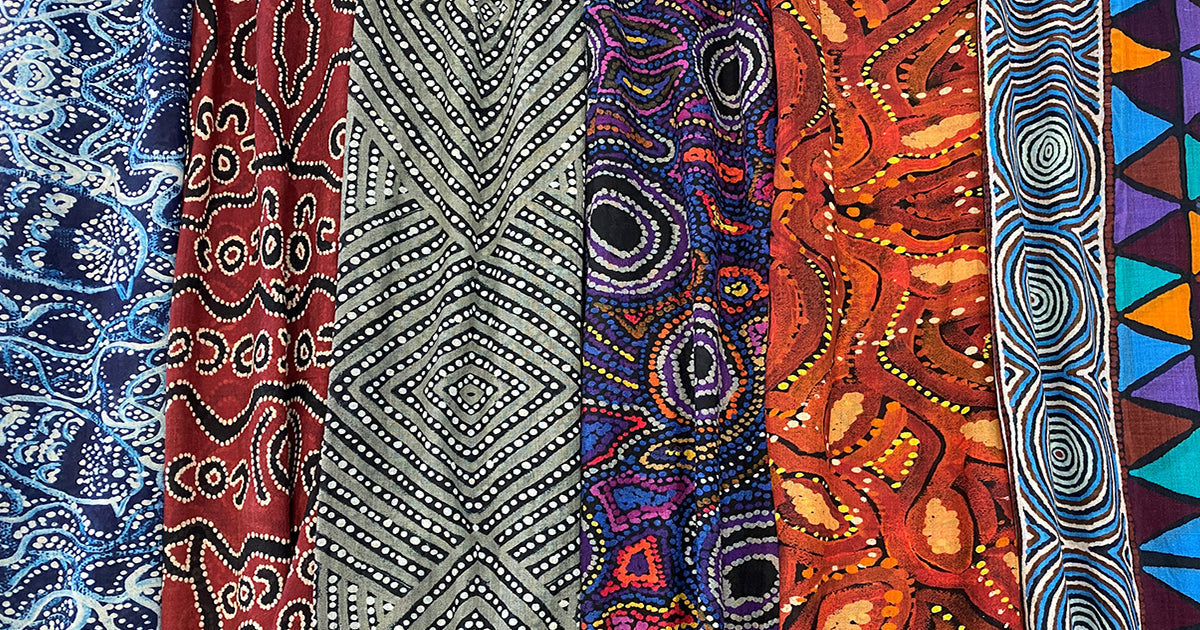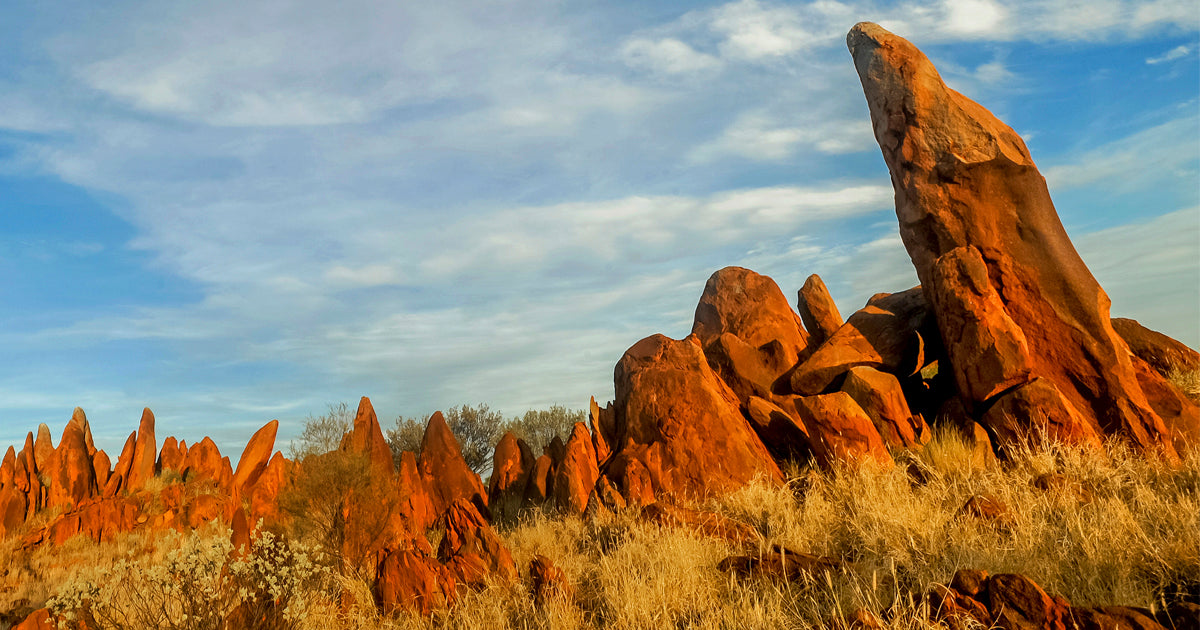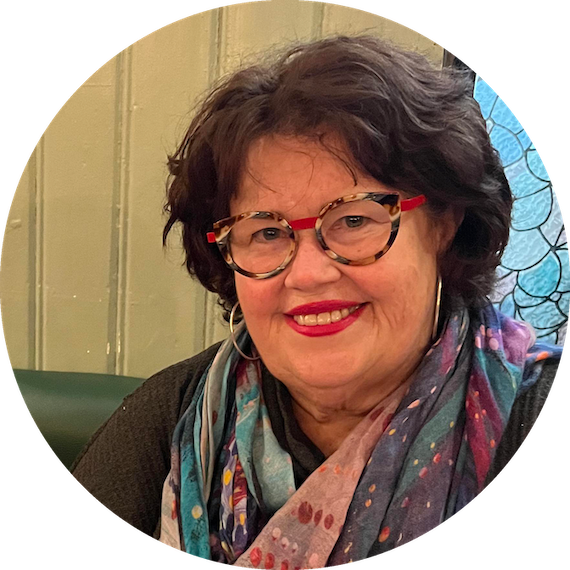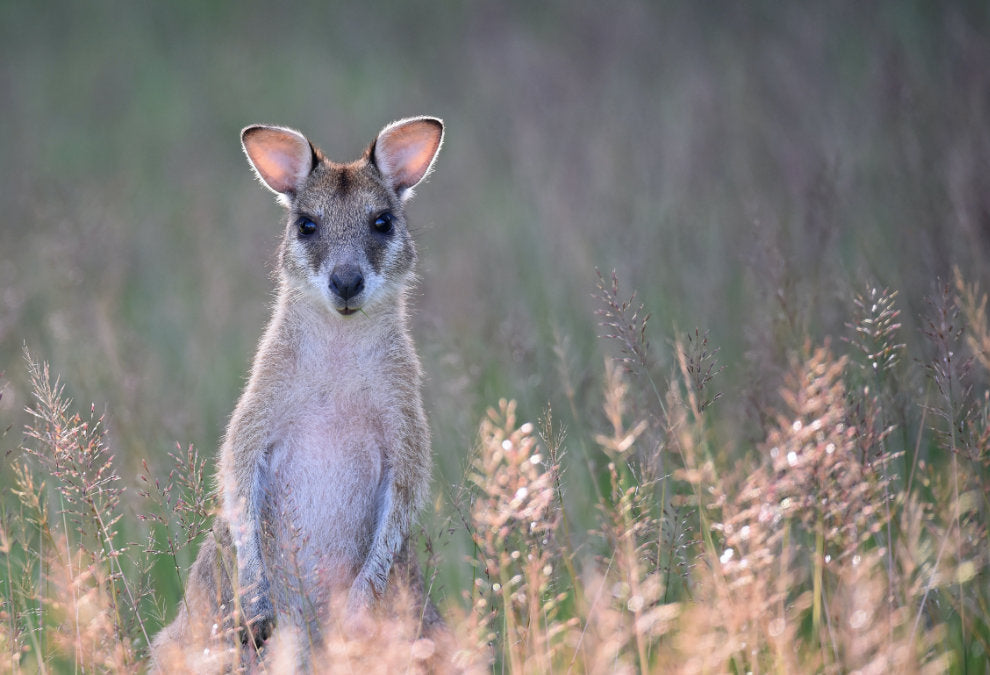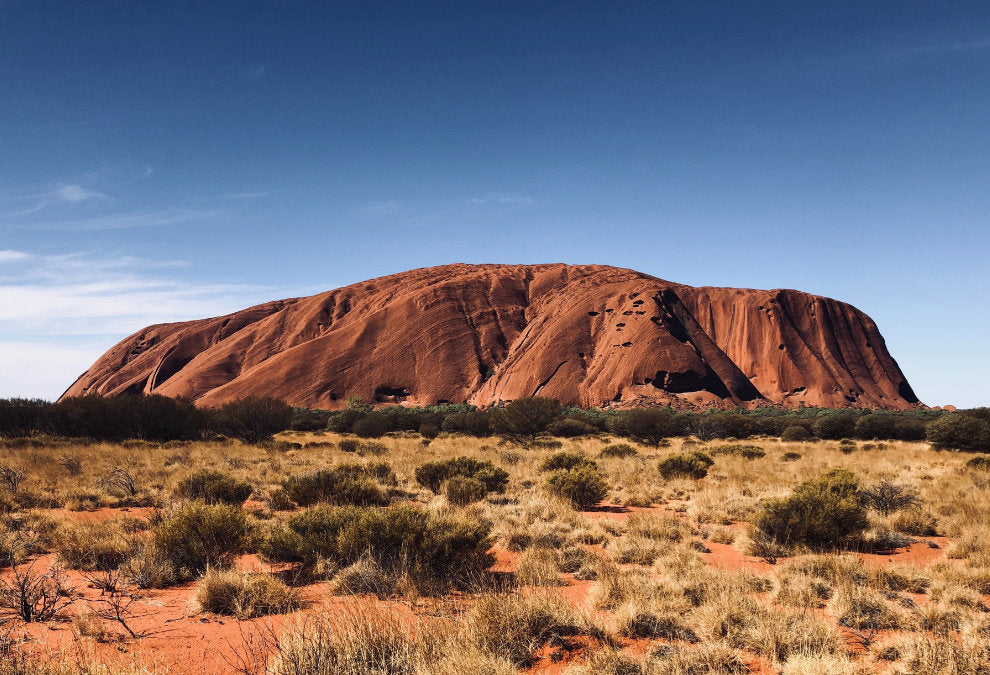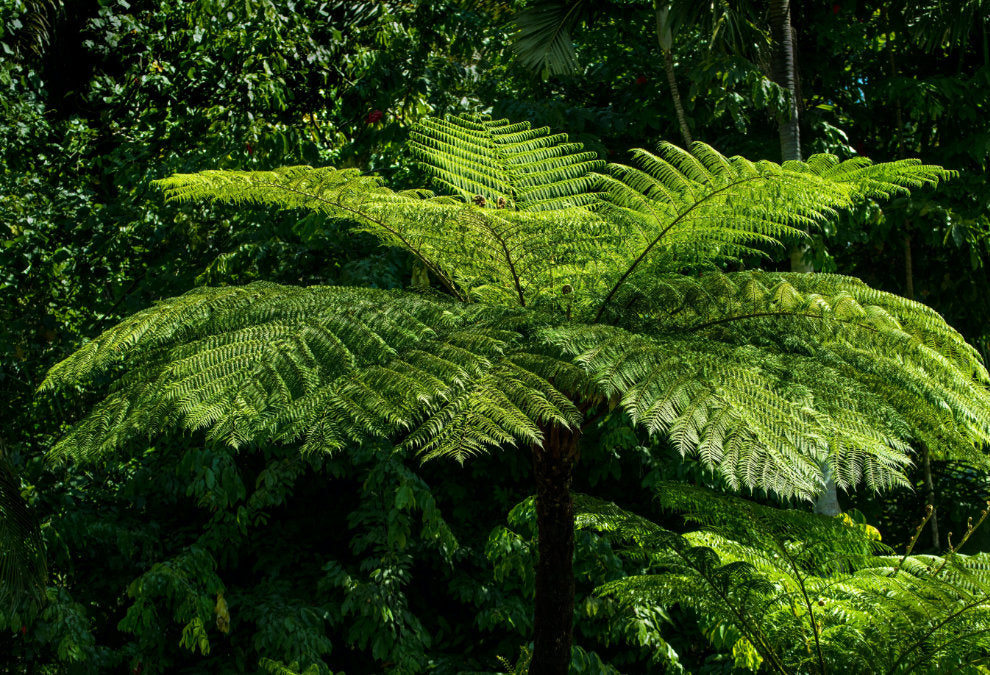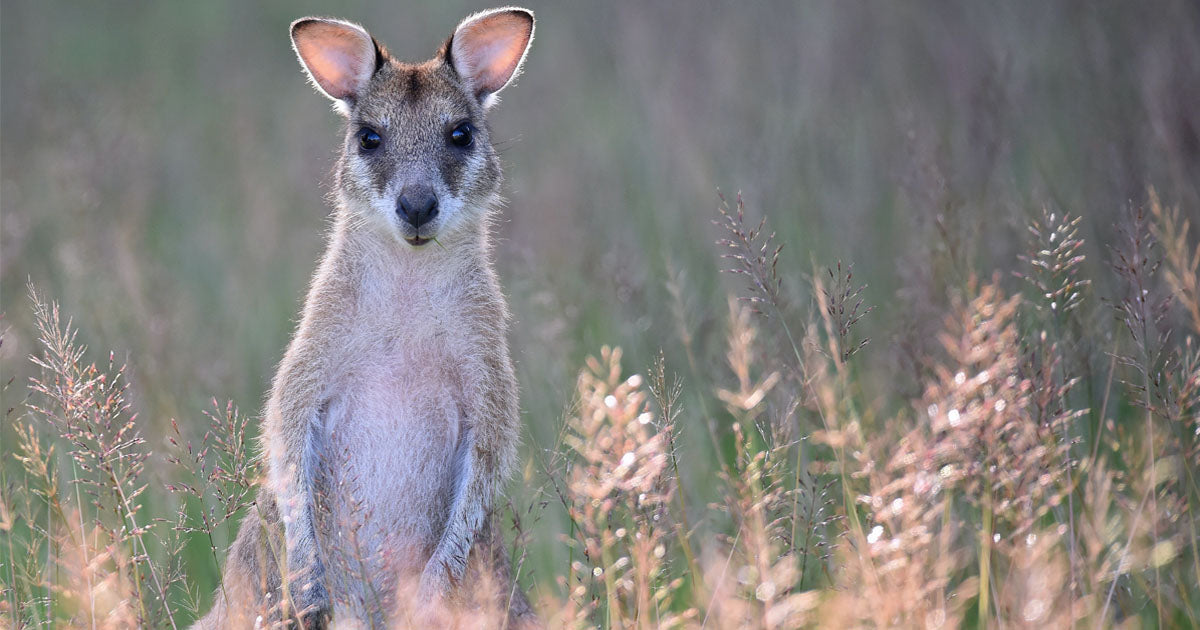
Embracing Ancient Wisdom: How Aboriginal Knowledge Enhances Modern Conservation Efforts
Aboriginal Australians represent the oldest continuous culture in the world.
Through rich oral histories and ancient rock art traditions the world is offered invaluable insights into an enduring culture and way of life that dates back to the dawn of humankind.
The unique cultural heritage of Australia’s Indigenous peoples is not only the foundation stone of our nation’s history but also a vital part of our global human heritage.
Genetic studies indicate that the ancestors of Aboriginal Australians left Africa around 75,000 years ago, marking one of the earliest movements of modern humans out of Africa.
These early humans travelled through Asia and eventually reached Australia, settling here around 60,000 years ago. This makes Aboriginal Australians one of the first groups of humans to inhabit a new continent after leaving Africa.

The Yolngu people of Arnhem Land, among other Aboriginal groups, have maintained intricate oral traditions. These stories, passed down through countless generations, preserve the history, laws, and cultural practices of their ancestors.
Rock art found in various parts of Australia, especially in regions like Arnhem Land and the Kimberley, has been dated using modern techniques such as radiocarbon dating and optically stimulated luminescence (OSL).
Some of this art is over 40,000 years old, depicting animals, human figures, and mythical beings. This art provides a visual record of the cultural continuity and unbroken connection to their lands still upheld by Aboriginal people.
Even in the face of prolonged violent colonial dispossession and the destruction of their hereditary way of life, Aboriginal Australians today continue to hold a sacred connection to their ancestral homelands. This relationship is reflected in firmly held spiritual beliefs, customs and age-old practices, often expressed through art, stories and ceremonies.
This continuing connection to countless generations of ancestors and their country is not merely cultural but ecological, encompassing a profound understanding of all aspects of the Australian environment.

The Aboriginal understanding of their environment, including their knowledge of flora and fauna, ecological practices and sustainable living, continues to offer valuable lessons in environmental stewardship and biodiversity conservation.
Aboriginal Australians possess extensive knowledge of local plants and animals, understanding the life cycles, behaviours and interrelationships of various species. This has ensured careful and sustainable use of natural resources over tens of thousands of years.
Many Aboriginal communities have a profound knowledge of medicinal plants, using them to treat illnesses and injuries. This knowledge remains valuable to modern medicine and pharmacology.
Traditional hunting and gathering practices are designed to ensure that animal populations remain stable. Techniques like seasonal hunting, rotational harvesting and respecting breeding cycles help maintain ecological balance.

One of the most notable Aboriginal practices is traditional fire management, often referred to as "fire-stick farming." This involves controlled burns to manage vegetation, reduce the risk of large wildfires, and promote the growth of certain plant species. These controlled burns help create a mosaic of different habitats, supporting biodiversity.
Modern conservation efforts benefit greatly from integrating Aboriginal ecological knowledge. This includes collaborating with Aboriginal communities to apply customary practices in contemporary environmental management. Aboriginal practices demonstrate a flexible and adaptive approach to managing ecosystems, crucial in the face of changing environmental conditions and climate change.
Engaging local communities in conservation efforts ensures that management practices are culturally appropriate and effective, acknowledging the First Nations people's role as custodians of some of the world's most diverse and unique environments.
In recent years, there has been a significant effort to revive and preserve Aboriginal languages, traditional knowledge and art.
Despite concerted efforts to deny Aboriginal and Torres Strait Islander people to justice, such as the rejection of a proposed constitutional amendment in October 2023 to recognise and protect the rights of Indigenous Australians as the First Peoples of Australia, the acknowledgement of Australia's 60,000-year-old Indigenous cultural heritage as the oldest continuous living culture in the world has gained international attention.

It is now as important as ever to protect the heritage of Australia’s Indigenous peoples and respect their rights as the traditional owners of the land on which the Australian nation now stands.
Aboriginal Australians represent a unique and vital part of human history. Their time-honoured cultural traditions, profound knowledge of their environment and the remarkable heritage evident in their art and stories are invaluable to both the understanding of human history and the preservation of global cultural diversity.
Recognising and respecting Aboriginal Australians as the First Nations people of Australia and protecting their unique cultural heritage is not just a matter of historical importance but also a step towards a more inclusive and sustainable future.



